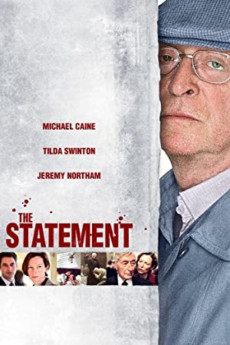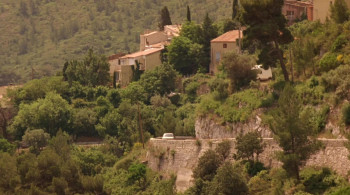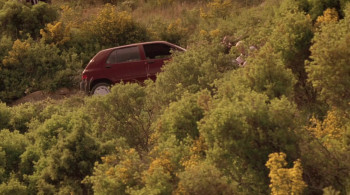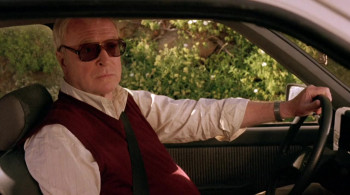Synopsis
1992. The French government has passed a law punishing crimes against humanity allowing them to prosecute Nazi collaborators from WWII. Magistrate Annemarie Livi has been assigned the case of Pierre Brossard, a police officer in Dombey, France in June, 1944, when he helped round up a group of Jewish persons and personally chose seven of them to be executed. Brossard was captured and held in police custody in 1955 following a trial where he was sentenced to death for being a collaborator, before he was able to escape. Brossard has since received a Presidential pardon for those crimes. Livi enlists the help of Colonel Roux of the French Army to assist in this case in she not trusting the police who assisted the Vichy regime during the war. While Roux informs her that he is aware of an unknown Jewish organization that is also tracking and wanting to execute Brossard, Livi knows that the pardon was arranged by someone who must have been an associate of Brossard - who she refers to as "The Old Man" - now probably high up in the government. They are also both aware that the Catholic church has actively been assisting Brossard all these years, probably in providing him both with funds and shelter, them being able to break through the closed ranks of the church a major hurdle they will have to overcome. Livi is further given a warning by a close family friend, Armand Bertier, a government minster, that she is walking into a land mine of a case. Brossard, who is aware that he is being tracked both by the Jewish and by the national authorities, is indeed what he considers a devout Catholic in the realm of the traditionalists, he, who trying to stay one step ahead of those tracking him, looking for absolution from the church, while not prepared to give himself up to either the Jewish or the authorities. The Jewish have their own additional motive beyond killing Brossard for his crimes, while those pulling their strings have one more additional motive in protecting themselves. —Huggo
October 24, 2021 at 07:00 PM









